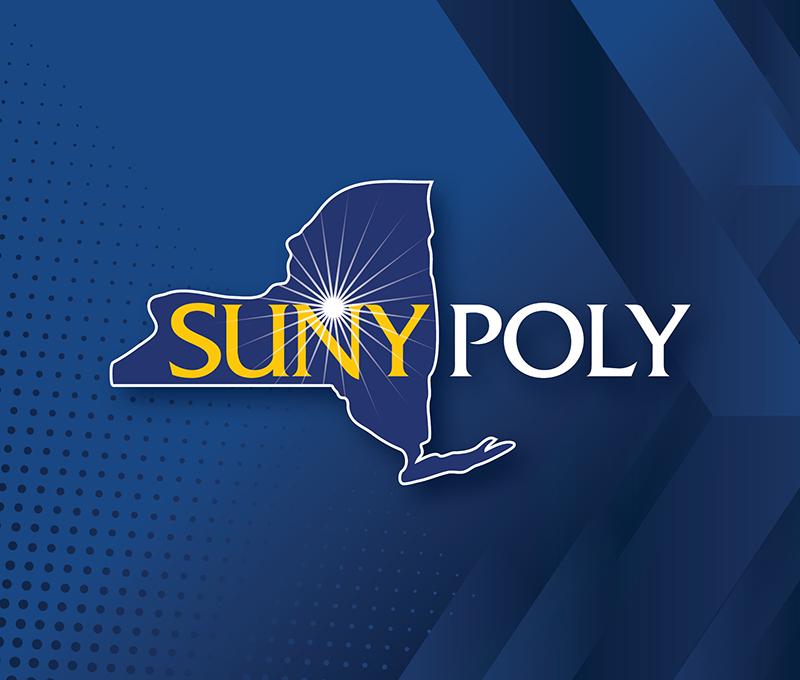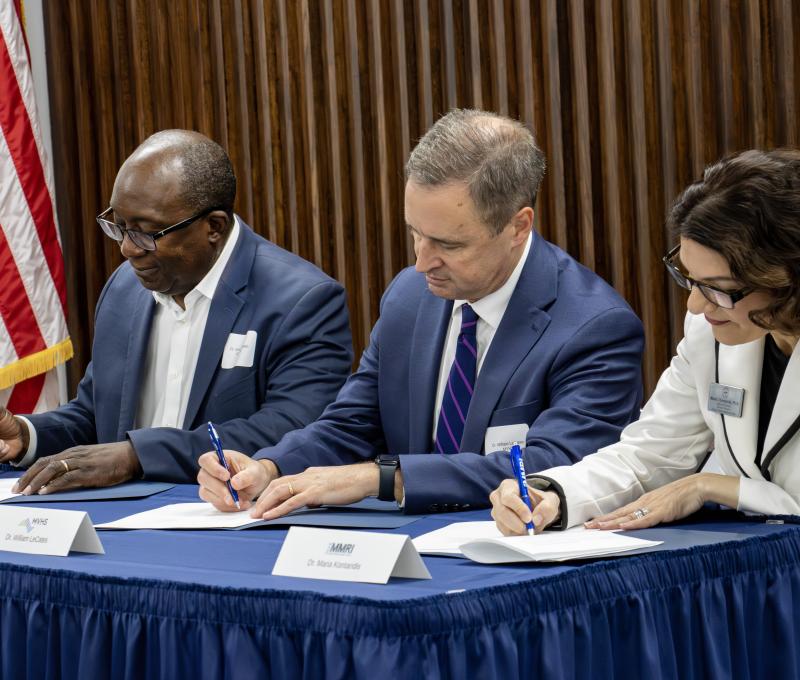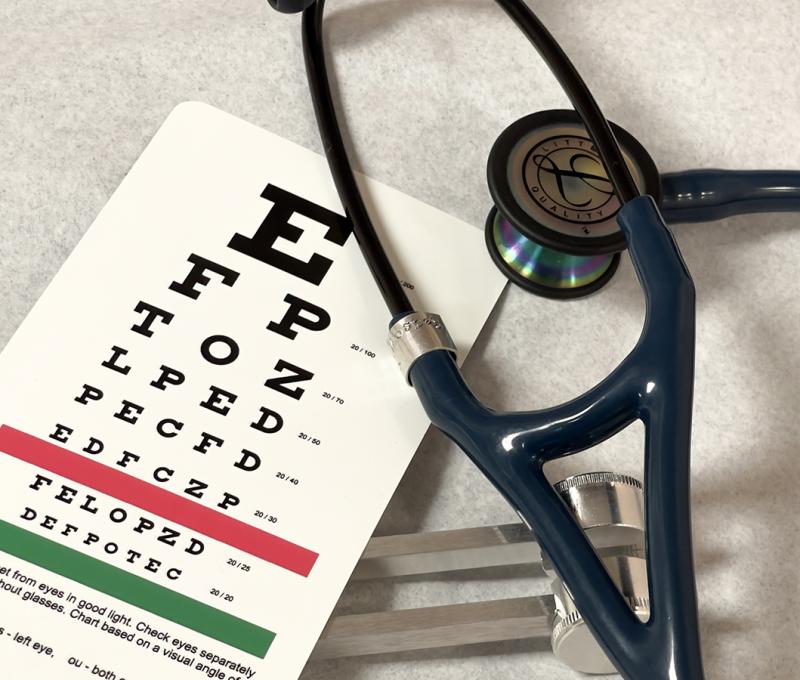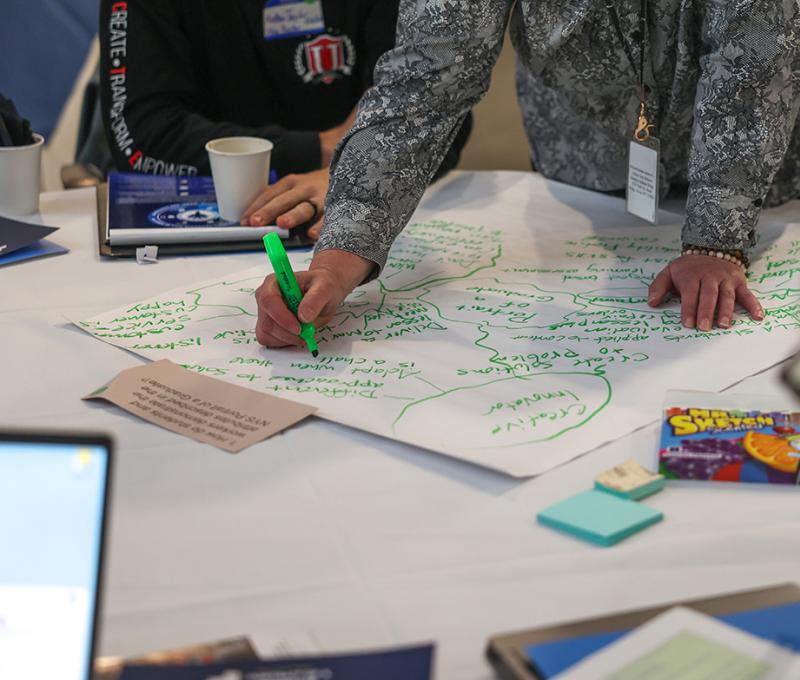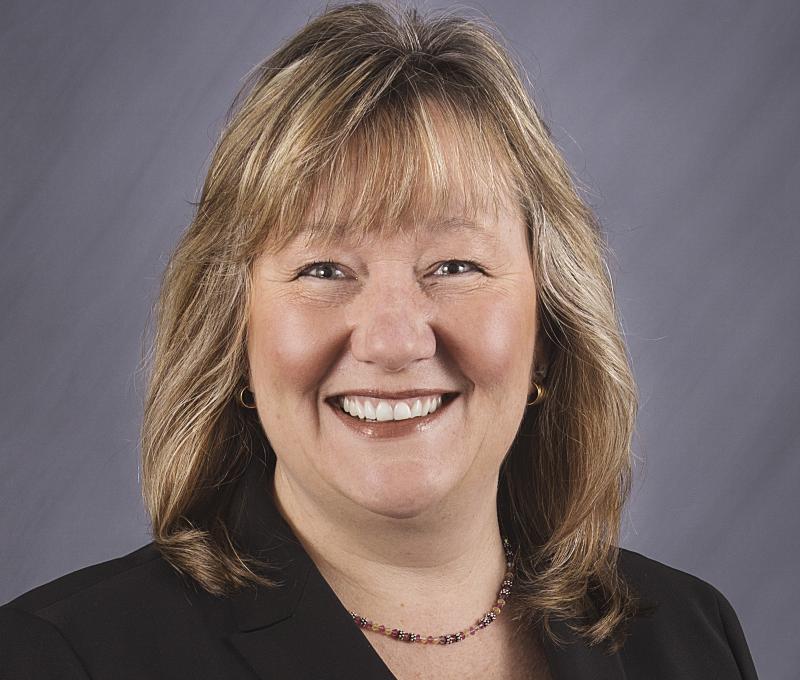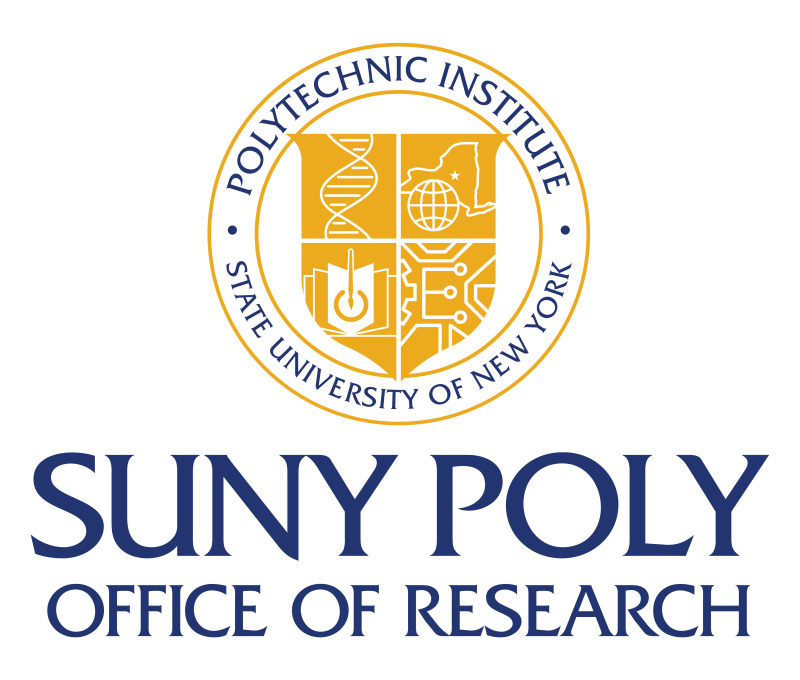SUNY Poly CNSE and NIOSH Launch Federal Nano Health and Safety
Consortium

For Release: Immediate – May 20, 2015
Contact: Jerry Gretzinger, Vice President of Strategic Communications and Public Relations
(518) 956-7359 | jgretzinger@sunycnse.com
Alliance to Advance Research for Occupational Safety and Health in Nanotechnology Industry to be Anchored at Statewide SUNY Poly Sites
ALBANY, NY - As a testament to Governor Andrew Cuomo’s pioneering leadership in establishing New York State’s global prominence in nanoelectronics research and development and commercialization, SUNY Polytechnic Institute’s Colleges of Nanoscale Science and Engineering (SUNY Poly CNSE) and the National Institute for Occupational Safety and Health (NIOSH) today announced the launch of the Nano Health & Safety Consortium (NHSC). The initiative enables expanded collaboration in advancing research and guidance for occupational safety and health in the nanoelectronics and other nanomanufacturing industry settings. The consortium will be anchored at the SUNY Poly CNSE Nanotech Megaplex in Albany and extend across the full 10-campus SUNY Poly network throughout New York.
“Governor Andrew Cuomo’s successful high tech blueprint for New York State is setting a global standard for next generation technology development, and that is why SUNY Poly has the opportunity to lead this consortium with a federal agency like NIOSH,” said Dr. Michael Liehr, SUNY Poly Executive Vice President of Innovation and Technology and Vice President of Research. “Anchoring the consortium at our world class facilities and leveraging the combined expertise of SUNY Poly and NIOSH will further the development of the highest health and safety standards, as the nanotechnology industry continues its rapid growth.”
“Realizing the full potential societal benefit of nanotechnology depends in great measure on effective health and safety practices for workers who produce and use nanomaterials,” said NIOSH Associate Director for Nanotechnology and Nanotechnology Research Center Manager, Dr. Charles Geraci. “Because of the strong partnership we’ve established, NIOSH’s health and safety experts and the world-class scientists and partners at SUNY Poly are poised to make great strides in safeguarding workers as nanotechnology applications and uses continue to expand at an amazingly rapid pace.”
The NHSC will build upon the existing partnership between SUNY Poly and NIOSH and link government, academia and industry leaders to advance health and safety for the nanotechnology workforce by aligning research efforts, expertise, and resources through the existing and rapidly expanding infrastructure of the SUNY Poly network. In addition to advancing worker health and safety research, the consortium will provide training and education for students, faculty, researchers, and private sector members of the network.
The leadership and success of the SUNY Poly CNSE-NIOSH partnership in Nano Health & Safety was discussed this morning at a meeting of select invitees at the White House hosted by the Office of Science & Technology Policy (OSTP) and the National Economic Council (NEC). SUNY Poly CNSE Assistant Vice President for NanoHealth Initiatives and Assistant Professor of Nanobioscience, Dr. Sara Brenner, detailed the leadership and success of the SUNY Poly-NIOSH partnership and the opportunities presented by SUNY Poly’s statewide network of innovation hubs at today’s White House Forum on Small Business Challenges to Commercializing Nanotechnology in Washington, DC.
“SUNY Poly CNSE is a global resource for nanotechnology R&D. As more and more businesses, both large and small, incorporate the benefits of nanotechnology applications in their goods and services, it is critical that we understand their needs, as well as the latest materials, tools, methods, and workplace environments, to develop effective nano health and safety guidelines and recommendations,” said Dr. Brenner. “The collaborative work to be done by SUNY Poly, NIOSH, and NHSC will facilitate and accelerate commercialization, help strengthen and protect our workforce, and clear the path for innovation and enable the continued advancement of the field of nanotechnology.”
SUNY Poly and NIOSH, as founding members of the consortium, have created a one-of-a-kind opportunity for academia, government, and industry to propel proactive research that will enable and accelerate the responsible development of nanotechnology. The NHSC is poised to lead the nation in the development and implementation of innovative protocols and procedures to conserve resources and safeguard occupational and environmental health and safety in nanotechnology-enabled industries. At the White House forum today, Dr. Brenner and Dr. Geraci, along with other national leaders, discussed how the SUNY Poly CNSE-anchored network and NIOSH will provide the premier public-private framework that will play a critical, enabling role in the National Nanotechnology Initiative (NNI) 2.0. The NHSC has identified that occupational and environmental health and safety is an essential and enabling component of forward progress in nanotechnology research and development and commercialization. SUNY Poly and NIOSH are in the process of engaging private partners and Federal Agencies participating in the NNI to join and contribute to missions of the consortium. The framework being built will facilitate not only health and safety, but also advanced manufacturing, commercialization, entrepreneurship, workforce development, training, and education.
####################
SUNY Polytechnic Institute. SUNY Polytechnic Institute (SUNY Poly) is New York’s globally recognized, high-tech educational ecosystem, formed from the merger of the SUNY College of Nanoscale Science and Engineering and SUNY Institute of Technology. SUNY Poly offers undergraduate and graduate degrees in the emerging disciplines of nanoscience and nanoengineering, as well as cutting-edge nanobioscience and nanoeconomics programs at its Albany location and undergraduate and graduate degrees in technology, including engineering, cybersecurity, computer science, and the engineering technologies; professional studies, including business, communication, and nursing; and arts and sciences, including natural sciences, mathematics, humanities, and social sciences at its Utica/Rome location. Thriving athletic, recreational, and cultural programs, events, and activities complement the campus experience. As the world’s most advanced, university-driven research enterprise, SUNY Poly boasts more than $20 billion in high-tech investments, over 300 corporate partners, and maintains a statewide footprint. The 1.3 million-square-foot Albany NanoTech megaplex is home to more than 3,500 scientists, researchers, engineers, students, faculty, and staff, in addition to Tech Valley High School. SUNY Poly operates the Smart Cities Technology Innovation Center (SCiTI) at Kiernan Plaza in Albany, the Solar Energy Development Center in Halfmoon, the Central New York Hub for Emerging Nano Industries in Syracuse, the Photovoltaic Manufacturing and Technology Development Facility in Rochester, and the Smart System Technology and Commercialization Center (STC) in Canandaigua. SUNY Poly founded and manages the Computer Chip Commercialization Center (Quad-C) at its Utica location and also manages the $500 million New York Power Electronics Manufacturing Consortium, with nodes in Albany and Rochester, as well as the Buffalo High-Tech Manufacturing Innovation Hub at RiverBend, Buffalo Information Technologies Innovation and Commercialization Hub, and Buffalo Medical Innovation and Commercialization Hub. For information visit www.sunycnse.com and www.sunypoly.edu.
NIOSH. NIOSH is the federal agency that conducts research and makes recommendations for preventing work-related injuries, illnesses and deaths. To learn more about NIOSH’s nanotechnology initiatives visit www.cdc.gov/niosh/topics/nanotech/. Find more information about NIOSH at www.cdc.gov/niosh


